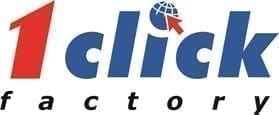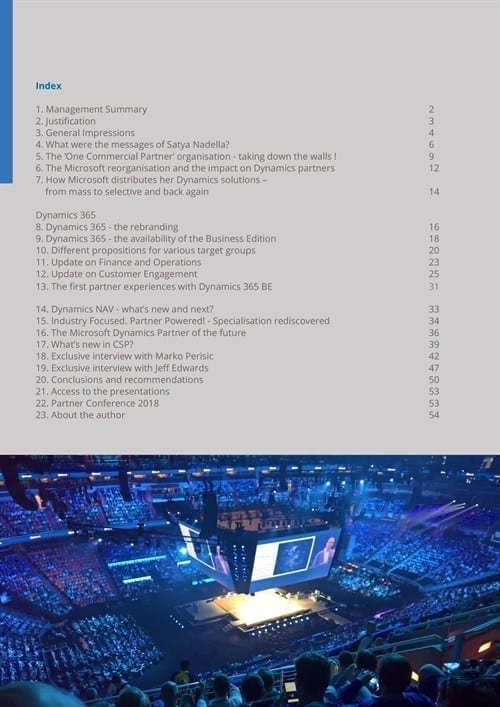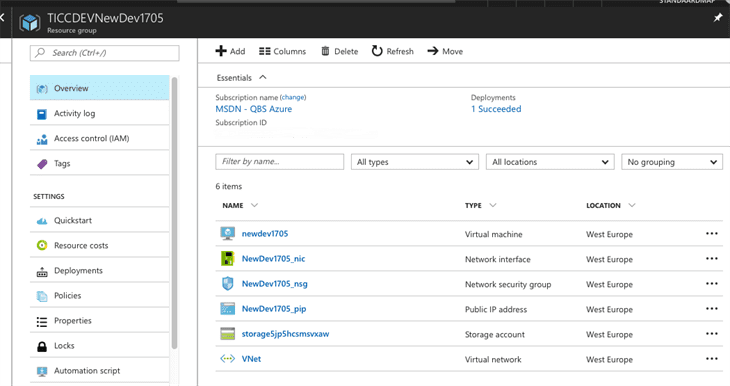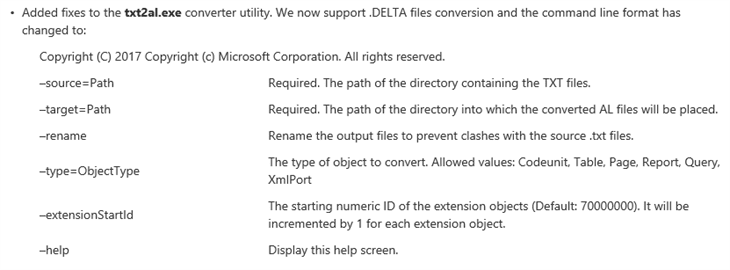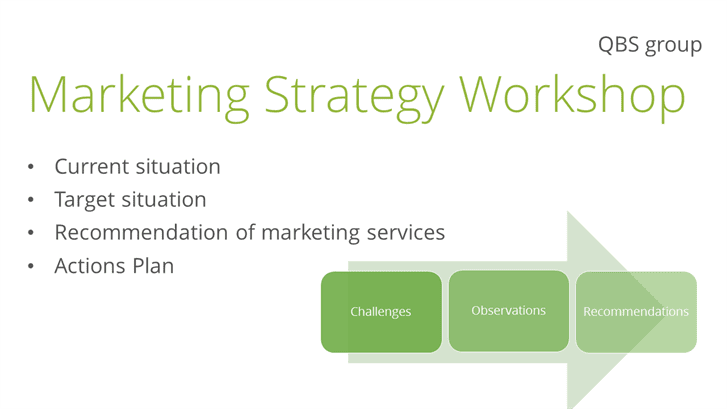Exclusive interview with Tony de Freitas *
Tony – in your opinion, what is the status of the transformation process in the Dynamics partner channel today?
“Well, the answer really dependents on the view of the channel type that you look through. Today, the CRM view differs from the ERP view or even the ISV views based on the level of maturity of the partners and the respective solutions. I do see a difference in partner maturity in developing and delivering Dynamics 365 solutions in the market. One thing is for sure; there is an acceleration in our ecosystem to cloud solutions. Generally spoken, most partners are on their way to shift their traditional business models to the SaaS world. And that includes the switch from one-time services to providing ongoing recurring value through managed services, the improvement of their marketing, digital presence, developing vertical capabilities and adjusting their sales compensation plans. Speaking for the Dynamics for Customer Engagement (aka Dynamics CRM): 80 percent of all of our Value Added Resellers and Services Partners already transact and deliver services in the cloud today. The opportunity for our partners is to build on that transformation to further expand, differentiate and grow their revenue yield through Dynamics 365. That means more cloud deals. Richer deals with more IP. And more of the overall Microsoft Cloud platforms.”
Do you see any differences in the transformation between VAR’s and ISV’s?
“The Value Added Resellers for Dynamics 365 for Customer Engagement have made a tremendous leap-frog recently. Three years ago, a small number of them transacted in the cloud. Today that’s already 80 percent! And a great majority of them are vertically focused. We believe that the ISV partners become even more important to us in scaling our success in growing, evolving and transforming with an extensible Business Applications platform. And we see AppSource as the flywheel for the ISV and IP partners. Fundamentally it is the destination for business users to find business SaaS applications.”
What are your expectations on how CRM partners will handle the competencies challenges that come with Dynamics 365?
“The solutions that CRM partners come up with for this challenge will heavily depend on the richness of our Customer Engagement product roadmap. Overall, we all expect that over time partners embrace the broader set of Business Applications and services such as Analytics in delivering richer solutions to customers. Having said that, in the near term, I personally don’t expect that many of our traditional CRM partners will start to build out ERP practices. But evolution is starting to occur where they tend to partner to deliver on all of the Dynamic 365 applications. Our product roadmap will further accelerate the expansion of partners beyond just Customer Engagement business applications. The other way around is probably more logical and we see that taking place in the market. Most of the today’s Merger & Acquisition activities in the Dynamics channel worldwide is Dynamics AX partners buying Dynamics CRM partner companies. Anyway – I expect more partners to favor partner-to-partner cooperation over acquisitions.
Finally, I expect an overlap of our formal CRM partners that will deliver both the Dynamics 365 Enterprise edition and the Dynamics 365 Business Edition.”
Where do you predict Dynamics 365 will be in the year 2020?
“The pace of our innovation, the richness of Dynamics 365 business applications, the strength of the Microsoft cloud platforms and our accelerated growth puts us in a strong position as leaders in the marketplace. I believe that by 2020, we will have significantly expanded our partner channel capable of selling and delivering transformative customer experiences through rich Microsoft intelligent business applications. On top of that, I expect Microsoft by 2020 to be both the thought leader and the worldwide market leader in intelligent cloud solutions. For your orientation – the Microsoft cloud today grows three times faster than the cloud market.”
In your observation of the current CRM ecosystem, what are the characteristics of a successful partner in today’s market?
“Look…. this is driven by customer expectations. And it is easy to spot the partners that can deliver on those expectations. Some of the characteristics are reflected as they have vertical and deep functional expertises, transform customer experiences through digital transformation services, application development capabilities, systems/data integration and bringing insights to their business through data and analytics. This is why Dynamics 365 becomes such an important platform for our partner success. I also do not want to loose the fact that at times customers expect our partners to be an orchestrator in the ecosystem, for example they have the ability to bring other strategic partners into the solutions to meet customers needs.”
Finally. In your opinion – what are the most important Go Do’s for CRM partners?
“There are of course lots of things to do for partners. But at the end of the day this would be my top-4 recommendations:
1) Built a business model for the SaaS world;
2) Go deep in both functional level and vertical market(s);
3) Lead your customer’s digital transformation process
4) (as a bonus) Built your company on business centricity (think organization structure, culture and growth mindset), a key imperative to succeed in the first 3 aspects.”
* This is interview was part of the eXtreme365 Business Report

